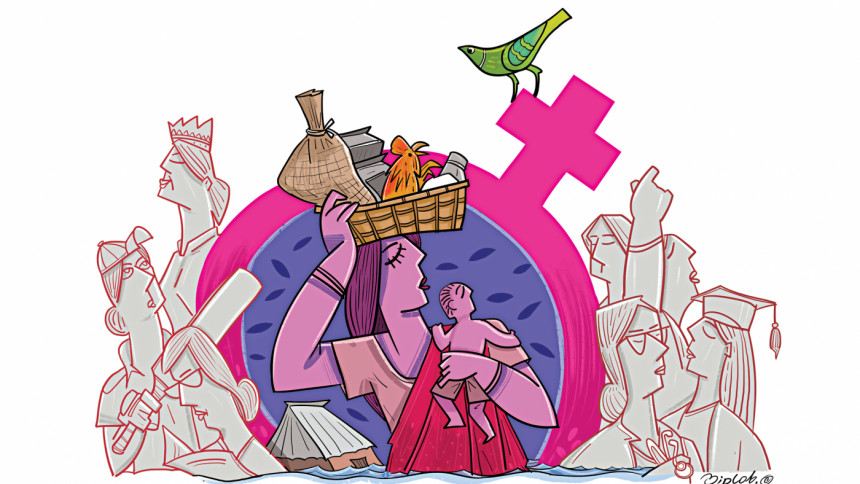Social and economic marginalisation and sexual and reproductive health and rights of urban poor young women: a qualitative study from Vadodara, Gujarat, India
Abstract: In this paper, we present the results of a qualitative study by a non-profit organisation implementing a community-based urban adolescent development programme. The study highlights the sexual and reproductive health and rights (SRHR) situation of marginalised young women in a developed state of India. Our findings, based on in-depth interviews with young women and frontline health providers, show that structural factors, such as economic and social stratifiers, gender norms and cultural beliefs, result in further marginalisation of young women. In turn, marginalisation adversely affects the realisation of SRHR through discriminatory practices around menstruation and lack of control in matters related to sexuality, contraception, pregnancy and safe abortion. Rights to the highest standards of sexual and reproductive health (SRH) care are compromised. Health system factors like providers’ attitudes and knowledge, commodity supplies, and indifference to ensuring delivery of contraceptives and other services often result in unplanned pregnancies and affect the quality of young women’s SRH care. Whatever information and support adolescents and young women get is from local community-based organisations. We conclude that structural determinants and violations of fundamental rights to education, equal opportunities and participation constitute a significant barrier to the enjoyment of SRHR by the marginalised young women in the study. Unless these are addressed, government policies and programmes to promote young people’s SRHR will not benefit young women from disadvantaged communities. Partnership and complementarity between government programmes, adolescents and health rights civil society organisations are recommended to promote rights-based, equitable adolescent and youth-friendly services to this vulnerable population.
Read the full article here.
Keywords: urban marginalised young women, sexual and reproductive health and rights, menstruation, adolescent rights, policies and programmes, youth-friendly services, gender norms, gender power relations
